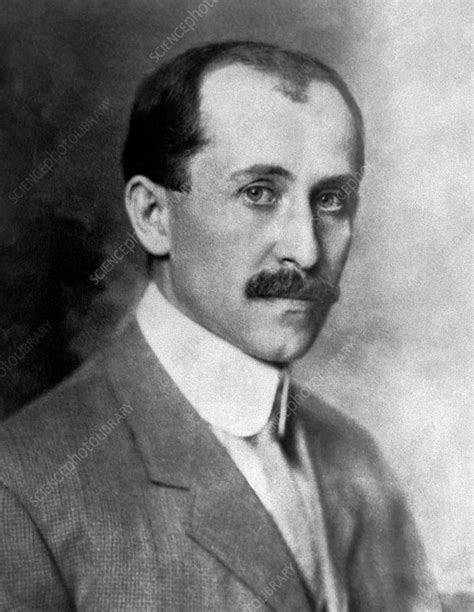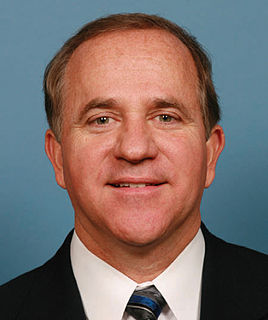A Quote by Subhash Chandra
In the media business, the lines are getting blurred between telecom, voice, data, and video, as all are merging into one single pipe. New players have come in, with Jio being a big example.
Related Quotes
This years keynote session is a clear reminder that wireless data technology is expanding its reach beyond that of an alternative to wireline telephony. We have gathered an exclusive group of business leaders to share how wireless is being integrated into their companys business strategies and what it means for their bottom lines. The presence of these telecom, media and entertainment giants on our center stage is a great indicator of the impact wireless data has made on countless industries.
Computer and video games represent one of the most important new media developments of this generation. Unlike many other forms of entertainment they offer players the opportunity to explore, be creative, learn through interaction and express themselves to others. It is vitally important that we protect and nurture this new art form so that it can reach its full potential. Like most new forms of artistic expression that have come before (music, novels, movies), the primary critics of video games are the people that do not play them.
We get more data about people than any other data company gets about people, about anything - and it's not even close. We're looking at what you know, what you don't know, how you learn best. The big difference between us and other big data companies is that we're not ever marketing your data to a third party for any reason.
The promoters of big data would like us to believe that behind the lines of code and vast databases lie objective and universal insights into patterns of human behavior, be it consumer spending, criminal or terrorist acts, healthy habits, or employee productivity. But many big-data evangelists avoid taking a hard look at the weaknesses.
MapReduce has become the assembly language for big data processing, and SnapReduce employs sophisticated techniques to compile SnapLogic data integration pipelines into this new big data target language. Applying everything we know about the two worlds of integration and Hadoop, we built our technology to directly fit MapReduce, making the process of connectivity and large scale data integration seamless and simple.


































